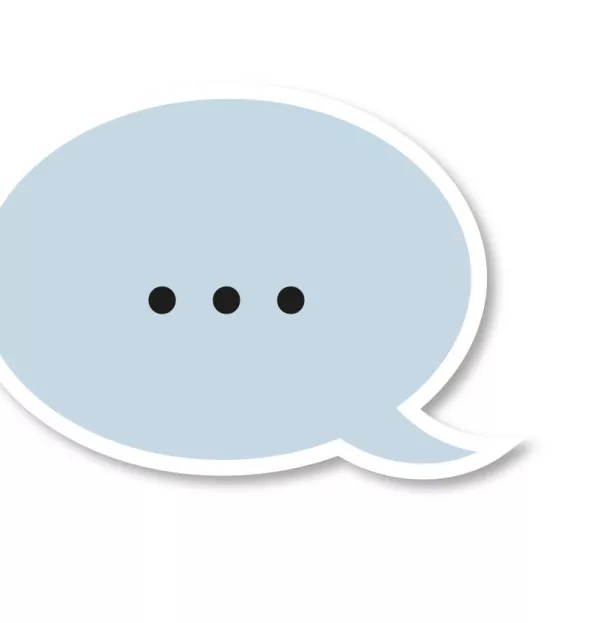At the age of 22, I read out the word “façade” as “fakade” in a university seminar and, as the incredulous laughter around me faded, I decided that I was done with a broad vocabulary.
I had been suspicious of unfamiliar words throughout my teens; to me, they always felt exclusionary, like they were designed to leave me out of the conversation. I would come across new arrangements of letters in the books I was reading and I would curse the writer. They were showing off, I believed, at the expense of my comprehension. So I pledged, from an early age, that I would live for simplicity and reduce every word to its most common synonym.
Alas, that’s quite hard to do. As you pick away at language, peeling back the complexity, you don’t always make things clearer. Sometimes, the effect is the opposite. The more you look at language, too, the more you recognise that complexity comes in many guises. It’s not just a more thorough use of a thesaurus that can cause issues but a more faithful adherence to dialect and slang (as anyone who has read Trainspotting will attest).
As I got older, I began to see that vocabulary wasn’t really the problem - it was how it was used and the context that surrounded it.
How to use vocabulary
It is from under the shadow of this backstory that I have watched the vocabulary debate unfold. Research strongly indicates that a broader vocabulary contributes to better outcomes for those in education. As such, schools are beginning to teach vocabulary more explicitly from a young age - it’s no longer left to individuals to find their own enlightenment through reading books.
This is a good thing, as demonstrated in our “How I…” feature this week. Schools are unpicking what makes effective whole-school vocabulary teaching. This should have a knock-on impact on learning: pupils will be better equipped to access the curriculum, thus, outcomes should improve.
Could we go further, though? How much attention is being given to what happens beyond that utilitarian view of vocabulary as an access tool? A broad vocabulary should enable us to communicate better, to avoid misunderstanding and to improve our wellbeing through a better articulation of our own mental state. Just teaching children words won’t enable any of that to happen.
So, how far are those words cutting through from being “for learning” to being part of conversations taking place beyond the curriculum context?
I learned plenty of words reading Graham Greene and Julian Barnes but I never spoke them aloud. Partly, this was because I didn’t know how, as I had never heard them being used, but it also seemed culturally unwise, even in the classroom: it felt like showing off. Using them with my friends would have been unthinkable, even though I knew many of them would have been reading the same books and be having the same thoughts. How much is now being done to tackle these issues?
A broad vocabulary should also enable us to be better writers, to be able to wield words as if they were the strokes of a paint brush. How far are we teaching pupils not just what these words are but how to use them effectively and selectively? How are we avoiding (and I googled this, by the way) sesquipedalian and prolix prose?
We need to be asking these questions more because we seem to be in danger of slipping into a very mechanistic view of language as a crowbar into learning. Teaching vocabulary is an excellent first step, but we need to go further and teach the application more explicitly, too. If we don’t see the bigger picture as detailed above, then what we are creating is a surface effect, something that looks like learning but really isn’t. You might call it a fakade.
@jon_severs
This article originally appeared in the 26 March 2021 issue under the headline “Let’s make vocabulary teaching be about more than just words”




